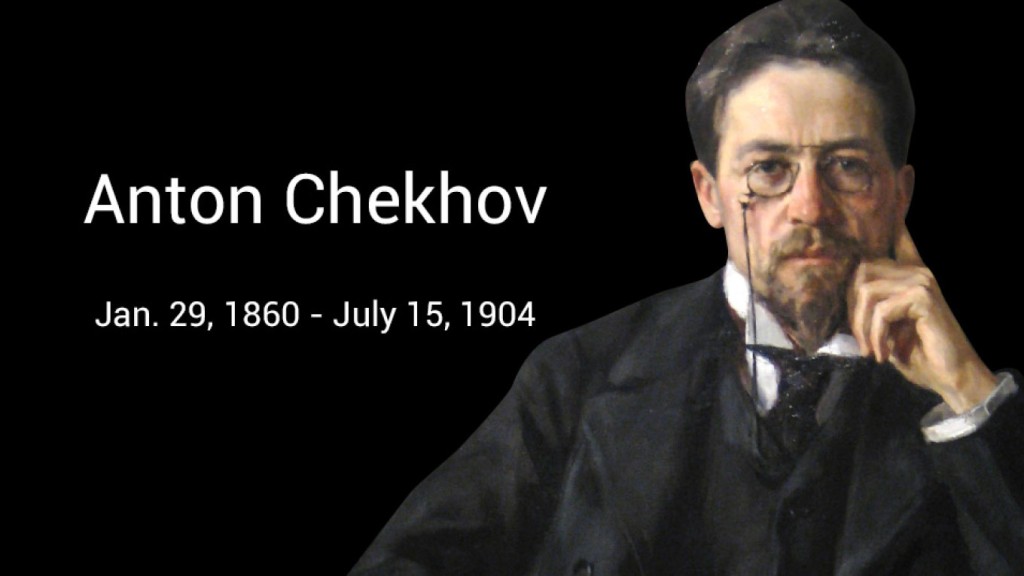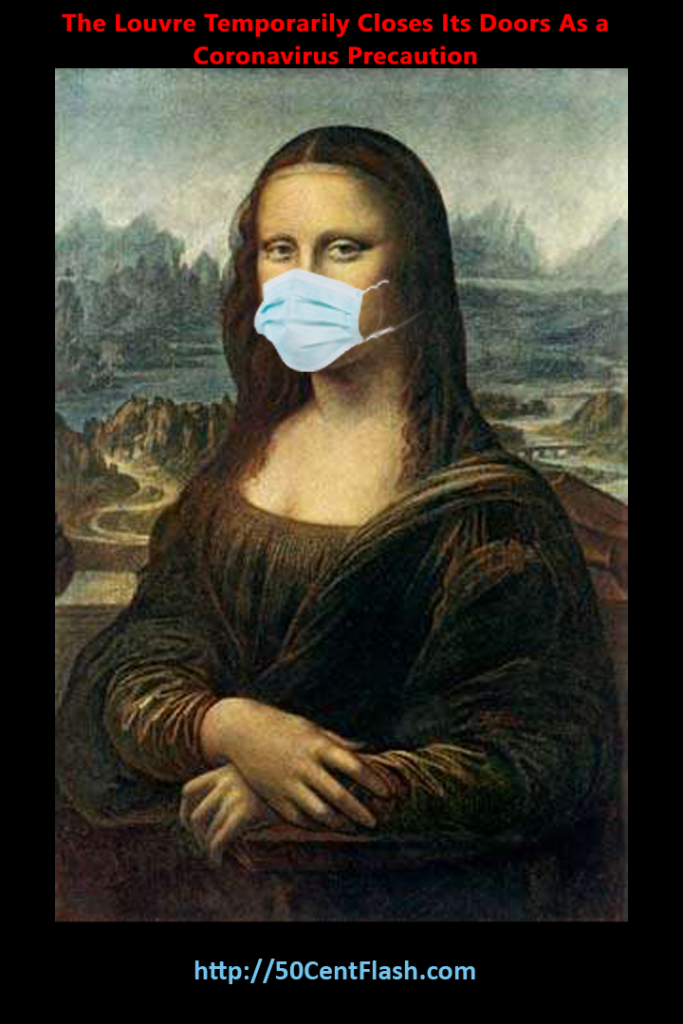“Everything I learned about human nature I learned from me.”
“Todo lo que aprendí sobre la naturaleza humana lo aprendí de mí.”
— Anton Chekhov



Free Story The Room – 6 Languages MOST MAGYARUL: A SZOBA YA EN ESPAÑOL: LA HABITACION HISTOIRE LIBRE: LA CHAMBRE D’HÔTEL STORIA GRATUITA: LA CAMERA GRATIS BERÄTTELSE: RUMMET — FREE IBOOK COPY — The Room “Jenni Plochka?” the worn woman in a pink … Continue reading
The BlueCat Screenplay Competition Blog has an interesting post that should be of interest to most writers, titled: How to Finish Writing Your Screenplay.
There are suggestions for creating deadlines. Another point is a discussion of boredom with the project. It is reassuring to see that others have similar problems to your own. My favorite, however is the following:
Review the Feedback You Hated
Remember the notes you got that you thought were relevant? Do you recall the feedback that you dismissed as being sloppy and inconsistent with all the other feedback you have received? Go back to it. Read it again. You might be in a place to finally hear the criticism and spark new ideas and start working on your script again.
Notes that have been set aside suddenly make sense when you’re on the floor, crying like a baby.
I thought I was the only one who reacted like this!!!
But seriously, to read over the notes again after some time has passed, is a good idea.
I remember my editor on these 50 Cent Flash anthologies giving me notes on the stories. It was just as the article said, there were some made sense immediately, others after a little time. There were also those I definitely did not agree with and skipped. That is my right – I am the writer in the end! But there was a last category – those notes that I did not like but could not really justify ignoring – I did not have a strong reason for rejecting them. In the end I decided that in these cases, where I could not find a good reason to reject the critique – I would accept it and make the changes. I figured my resistance was most likely just pride, and so I would trust Stephen.
Check out one of the anthologies and let me know what you think!
Good writing to you!
Another post on writing.
I really enjoyed this interview by Author Magazine with Cat Rambo. Quite a few themes she touched on struck home. Of all of them, however, was this:
You have to give yourself permission to write crap.
Also – the very last sentence is totally precious!
What are your thoughts?
While this page is devoted to 50 Cent Flash fiction I also like to include various notes on writing.
At the 2017 Willamette Writers Conference, I was having drinks with actor/producer Gil Luna and we got on the topic of writers putting direction in the script/screenplay.
“But Gil,” I said. “If I have this idea of the film, a shot that goes this way, why shouldn’t I put it in? I mean this is an important part of my vision. I mean I know that ultimately the director is going to decide how it is shot, but why can’t I give him my vision. Yes?”
“The reason,” he replied, “is that it is insulting to the director.”
I was shocked at the idea, and at this point started recording the video. Here it is in his own words.
Here is an interesting post from Barb Hendee:
So . . . last year, I signed a contract for a two-book deal with Kensington for books one and two in the Dark Glass Series. Keep in mind that I tend to “hang out” both in person and online with a lot of other writers. I think that’s normal for someone who’s been in the biz as long as I have. I am a go-with-the-flow kind of person, and my mother taught me the great value of the importance of nodding and smiling.
I’d been with Ace/Roc since 2002, and a number of my self-published writing friends/acquaintances were surprised when I signed on with Kensington, not because I was changing publishers, but because I was working with a publisher at all.
“Geez, Barb. Why are you doing that? Why give a publisher any of your royalties. Why not just self-publish your new series?”
An excellent article on The Vintage News site relates the story of Florence Leona Christie Thompson, the woman in the iconic photo of the Great Depression The Migrant Mother, by Dorothea Lange.
The story reveals a hidden tragedy – one behind the obvious, the legion of people caught in the ecological and political collapse that was that era.

As a youngster with a budding interest in photography, I was inspired by this photo. The fact that an image can Continue reading
From Amazon
5 Star: A local’s perspective, more from less, culture exposed, leaves you wanting more.